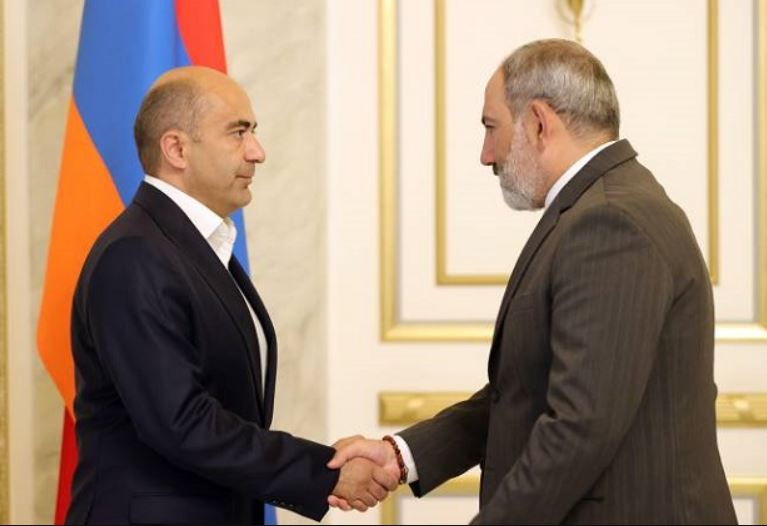An event took place last week that, as usual, was discussed for 1-2 days and then, of course, was forgotten. I would not touch upon that either if it were not for the opportunity to talk about the political culture of Armenia in general. The leader of the Bright Armenia party Edmon Marukyan received a position; Prime Minister Pashinyan appointed him the Ambassador of Special Affairs. Marukyan stated that in this way he will serve the interests of the state of Armenia. Since I have no doubt about his knowledge and patriotism, I want to believe that it will be so. (Another question is that the government of our country does not know what that interest is, on that occasion I would recommend reading the article by former Foreign Minister Vartan Oskanian).
But the problem here is not personal. It is not ruled out that Armenian diplomacy will benefit from Marukyan’s appointment. But the political field, in my opinion, will suffer from it, because, in fact, it means the dissolution of one of the parties, Bright Armenia. Of course, only formally such a political structure can survive, but let us remember that there are several dozen parties in Armenia on paper, including Orinats Yerkir, National Unity, CDU, NDU and others. The problem is that there cannot be an opposition party in Armenia whose leader holds a state position or, as in other cases, is a member of the ruling parliamentary faction. How do you imagine the Ambassador’s party criticizing, say, the country’s foreign policy?
When Marukyan gives up his party ticket, Bright Armenia will continue to be perceived as Marukyan’s party. The members of that party can not criticize the government, and even if they do, it will not be sincere and people will remind them that their “boss” is a state official. By the way, such steps of the party leaders also have, so to speak, “retroactive force.” People are beginning to question whether the party members were sincere in their previous activities.
It is meaningless for Bright Armenia to be a pro-government party. Being a “second Civil Contract” or a “Civil Contract barcode” does not open a bright prospect. Why should people vote for the “CC barcode” when there is a Civil Contract? Let me remind you again. The parties of Artashes Geghamyan or Artur Baghdasaryan lost their voters when the mentioned figures joined the government (of course, to serve the state interest). Of course, the government can use bribery to bring the representatives of its “barcode” parties to the parliament. But I am sure that Gevorg Gorgisyan, Ani Samsonyan or Taron Simonyan will not be interested in becoming such a deputy.
Read also
And in general, it is unfortunate that besides Heritage, another party that advocates liberal ideas left the arena.
Aram Abrahamyan






















































